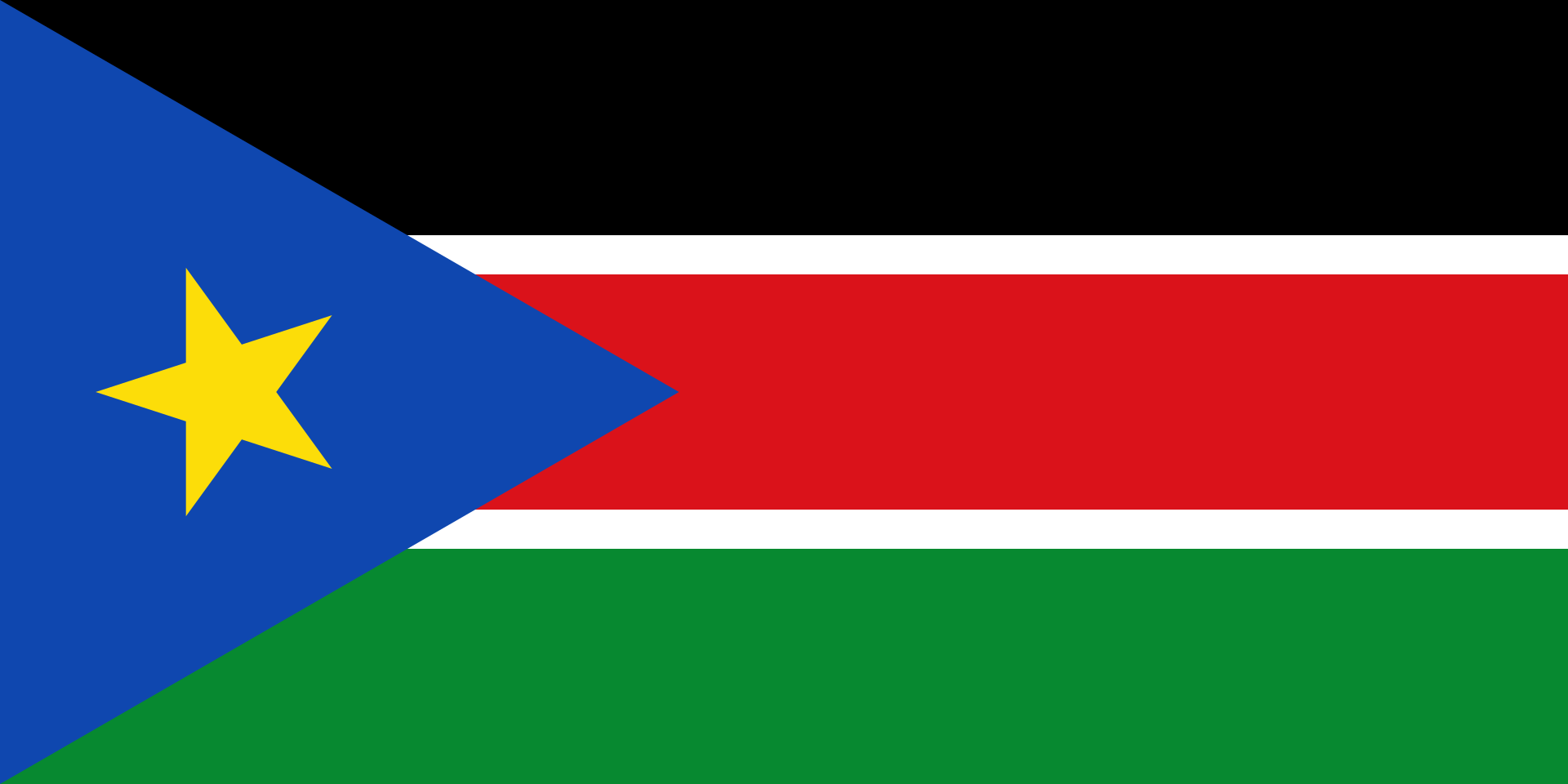Kevin Kang’ethe Kinyanjui who escaped from the Muthaiga police station about a week ago was arrested on Tuesday night in Ngong. According to police, he was found hiding at a house at around 11:45 pm on Tuesday by detectives from Nairobi Area’s Crime Research and Intelligence Bureau.
“He is now in our hands,” said a senior police chief officer familiar with the manhunt told The Standard. His arrest came a day after police arrested his brother Brian Kang’ethe who is said to have aided him in escaping from custody.
He was also arrested in the same area. Kinyanjui was being held at the station awaiting the verdict in his extradition case to the US where he is wanted for murder.He is accused of killing his girlfriend Margaret Mbitu by stabbing her multiple times on October 31, 2023, and stashing her body in the boot of a car that was parked at a Boston airport where he boarded a flight to Kenya.
The body was locked in a Toyota Venza which had remained in the parking since the evening of October 31, 2023. On Friday, police arrested four more people bringing the total number of people arrested in connection with aiding Kinyanjui’s escape to eight.
Some of those arrested were his cousin and close associates. The four were picked by the Directorate of Criminal Investigations (DCI) officers after it emerged, they were in constant communication with Kinyanjui. Some of the arrested people had also visited him in police cells following his arrest at a club in Westlands.
“We want to know what they know. We have noted the frequent calls,” a senior investigator told The Standard at the time.
Kinyanjui broke out of Muthaiga police station last Wednesday under unclear circumstances.
So serious was the incident that Nairobi police Chief Adamson Bungei personally visited the Muthaiga police station.
According to police the fugitive who was to be extradited to the US to face first-degree murder charges managed to jump onto a waiting matatu after escaping from custody.
“He was talking to his lawyer at the station and within a few minutes, managed to escape by boarding a matatu that had parked at the stage meters away from the police station,” a police report on the incident said.
A further statement said that when police on duty noted that he was missing, they looked for him in the area but did not find him. This led to another search along Thika Road where he is said to have boarded a vehicle and disappeared. After touring the station, Bungei directed the arrest of five police officers who were on duty when he escaped.
Police also arrested a man said to be the lawyer who had visited him in the cells when he escaped. The fugitive had been in hiding in the country since he left the US after Mbitu’s death.
A week ago, the Director of Public Prosecutions (DPP) Renson Ingonga filed extradition proceedings against Kinyanjui. State prosecutor Vincent Monda told Milimani Chief Magistrate Lucas Onyina the DPP had received a request to have Kinyanjui extradited to the US.
He said the request letter to have Kinyanjui extradited to the US had been signed by the US Secretary of State. “We will be filing an affidavit. We will also be filing an affidavit to oppose bond or bail against the suspect,” said Monda.
Kinyanjui, the court ruled, would be remanded at Muthaiga Police Station in Nairobi after the police were granted 30 days to hold him. Investigating officer Patrick Wachira, from the DCI headquarters homicide investigations unit, said the suspect was arrested on January 30, 2023, within Parklands in Westlands, Nairobi, and booked at Gigiri Police Station in connection with the alleged crime.
In the application, the police indicated that the suspect is being investigated for the offence of first-degree murder in violation of Massachusetts General Law.
Police said after he entered Kenya, through JKIA, Kinyanjui went into hiding. He is to have maintained constant communication using various telephone numbers with his friends in the US and a few relatives and friends in Kenya. By Kamore Maina and Fred Kagonye, The Standard











